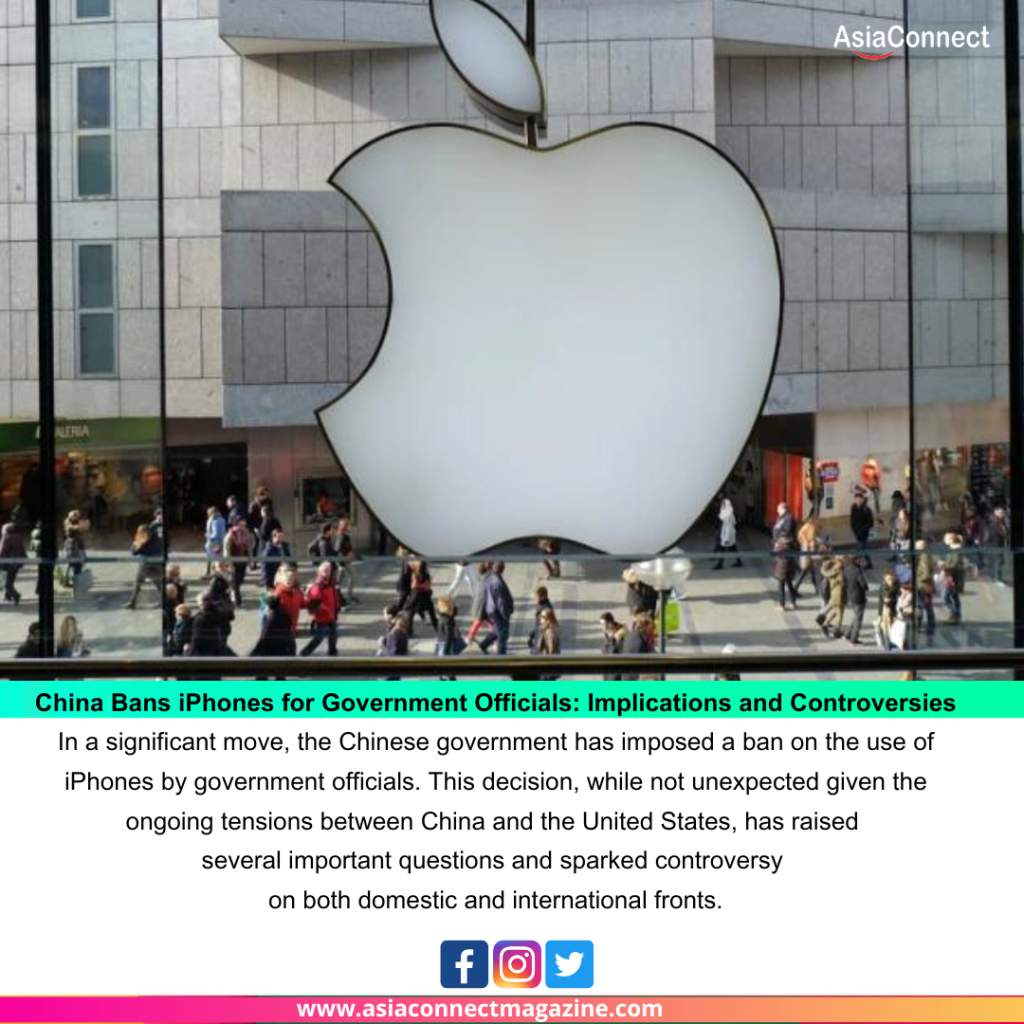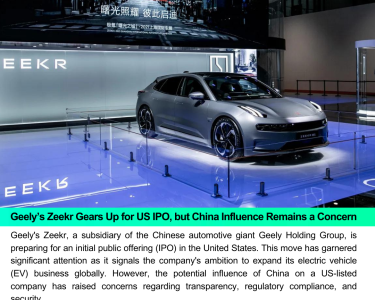
In a significant move, the Chinese government has imposed a ban on the use of iPhones by government officials. This decision, while not unexpected given the ongoing tensions between China and the United States, has raised several important questions and sparked controversy on both domestic and international fronts.
1. National Security Concerns
The Chinese government cites national security concerns as the primary reason for the ban. It argues that iPhones, which are manufactured by Apple, an American company, could potentially be used for espionage or data collection by foreign governments, particularly the United States. This fear of information leaks and espionage has led to the prohibition on iPhones for government officials.
2. Escalating Trade and Geopolitical Tensions
The ban on iPhones is seen as part of the broader trade and geopolitical tensions between China and the United States. These tensions have manifested in various ways, including trade tariffs, technology export restrictions, and now, limitations on the use of American-made smartphones. The ban may be viewed as a symbolic gesture reflecting China’s push for self-reliance in technology and a reduced dependence on American products.
3. Impact on Apple
Apple, a major player in the global smartphone market, could be adversely affected by this decision. China is one of Apple’s most significant markets, and the company has invested heavily in establishing a strong presence there. A ban on iPhones for government officials may lead to a decline in sales and could potentially damage Apple’s reputation in the country.
4. Domestic Controversy
Within China, the ban has stirred controversy. While it is aimed at government officials, it has also raised concerns about privacy and surveillance among the general public. Some Chinese citizens worry that this move might set a precedent for increased government control over the choice of technology and smartphones for ordinary citizens.
5. Alternative Options
The ban on iPhones for government officials has led to speculation about which smartphones may replace them. Chinese smartphone manufacturers, such as Huawei, Xiaomi, and Oppo, could benefit from this decision, as they offer alternatives that are not subject to the same geopolitical tensions.
6. Global Implications
This ban may have global implications beyond China. It underscores the broader issue of technology and national security in an interconnected world. As countries grapple with the balance between technological advancement, national security, and international cooperation, the Chinese ban on iPhones serves as a case study in how governments navigate these complex challenges.
7. Uncertainty in the Tech Industry
The ban also adds an element of uncertainty to the tech industry, as it raises questions about whether other countries might follow suit and impose similar restrictions on Chinese-made technology or American tech products.
8. Diplomatic Relations
The ban could further strain diplomatic relations between China and the United States. It adds to the list of contentious issues that have become stumbling blocks in bilateral negotiations and diplomacy.
9. Future Developments
As with many political decisions, the situation is fluid, and the ban’s long-term impact remains uncertain. It will depend on how it is enforced, whether it expands to other sectors, and how it affects China’s broader technology goals.
In conclusion, China’s ban on iPhones for government officials is a multifaceted development with implications for national security, global trade, the tech industry, and diplomatic relations. It highlights the complexities surrounding the use of technology in today’s geopolitical landscape and raises important questions about the future of international cooperation and competition in the tech sector.




